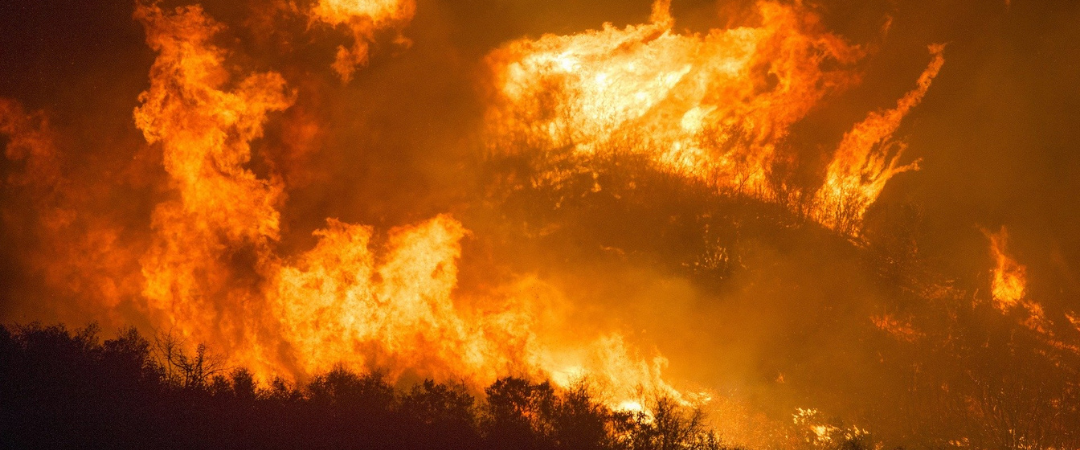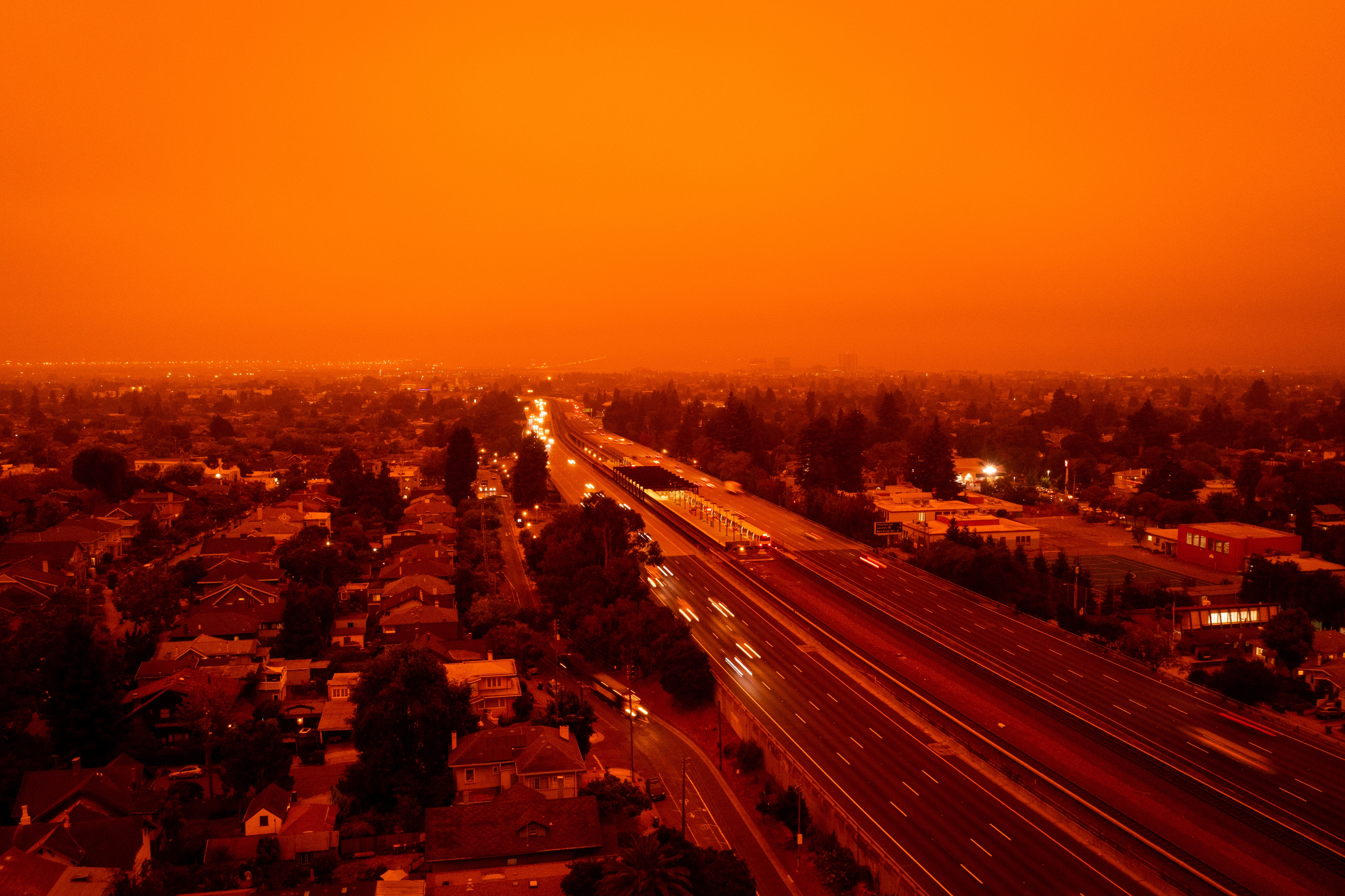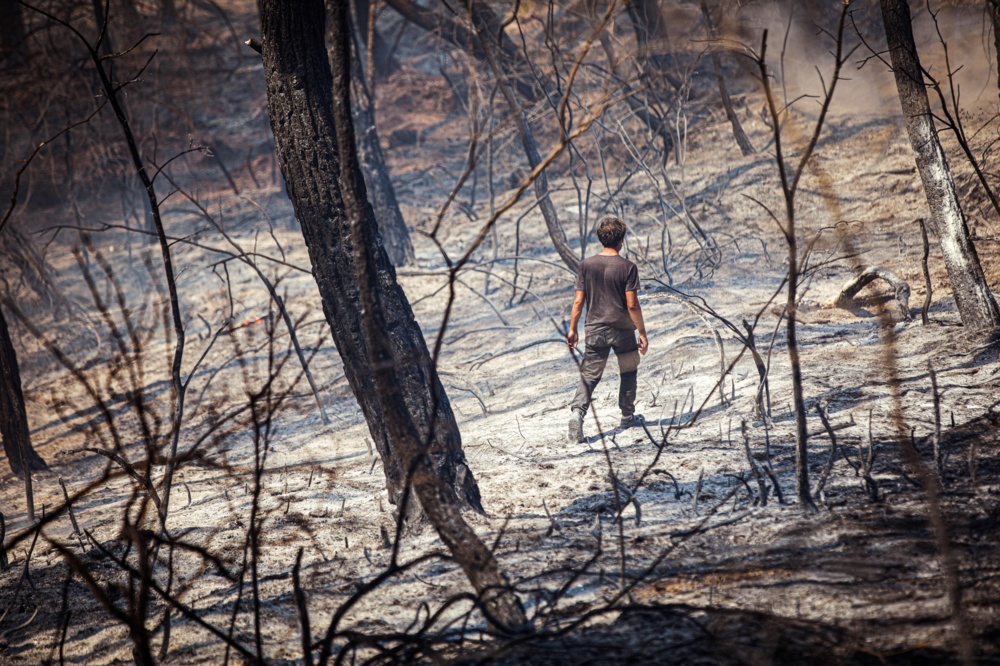
Ravaged by fire: The victims of Turkey’s fire season
Millions of people are already suffering from the impacts of climate breakdown, and so many more will join their ranks before COP27. As world leaders try to keep the 1.5°C target alive, taking the pledges made at COP26 back to their governments, we must remember the stories of those already devastated by the climate crisis. COP26 may be over, but the impacts of climate breakdown have only just begun.
“Around half past 12, a friend woke me up by saying “There is a fire, do not sleep. No sleeping tonight” ... Intense smoke started coming from above. We had double masks on our faces but they didn’t work. Ash and burnt pine leaves began to fall from the sky. We could barely see each other. It was like a fog. I was waiting for the sunrise and praying.” MuhittinAslan, Oymapınar, Antalya.
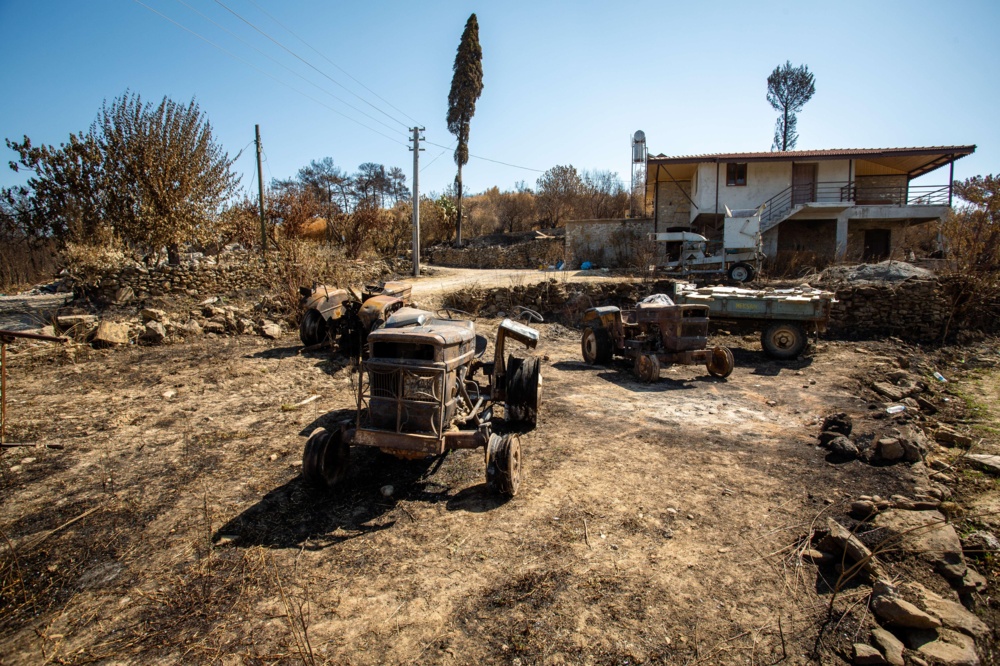
A country in flames
Father of two Muhittin Aslan has lived and worked in Oymapınar for 7 years, but now his future there is uncertain. Wildfire has taken his home. “I received a call and was told that the fire had completely engulfed the neighbourhood. One of my friends said that my house was also on fire. I asked if it was burned completely. He said yes.” Muhittin continued.
The people of Antalya are no strangers to wildfires – the region has up to 300 forest fires every year. But the fires that broke out on July 28th 2021 were different. Fuelled by a southern European heatwave and fanned by 52 mile per hour winds, over 200 fires broke out, starting in the Antalya district of the country, killing 8 peopleand destroying homes in over 59 neighbourhoods. These conditions are the result of the climate crisis, which paved the way for the worst fire season in Turkey’s history.
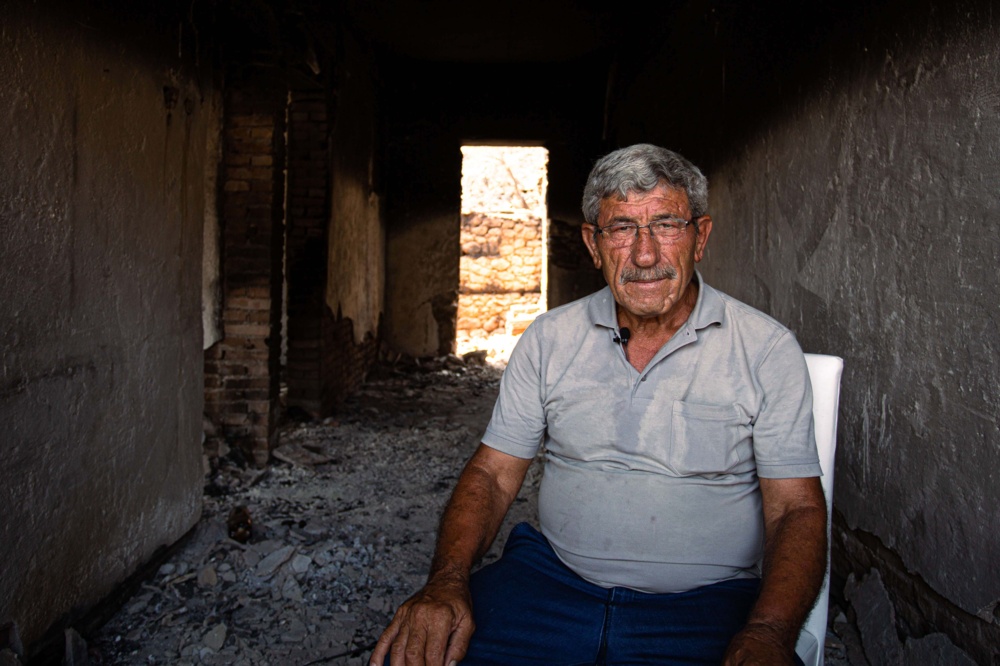
sman Korkmaz is a retired farmer living in Sevinçköy, Antalya, one of the areas most severely ravaged by the fires. “At 3 am, alone, I watched that area burn. There was nothing I could do. I waited for the smoke to stop. I waited so that I could find some space and cross the highway. I begged Allah, "Allahım, save me. Please save me, I'm alone.”” Recounted Osman. He managed to escape from the fires on foot and was picked up by a car from a neighbouring village. Upon his rescue, he was told: “Uncle Osman, your brothers think you are dead”.
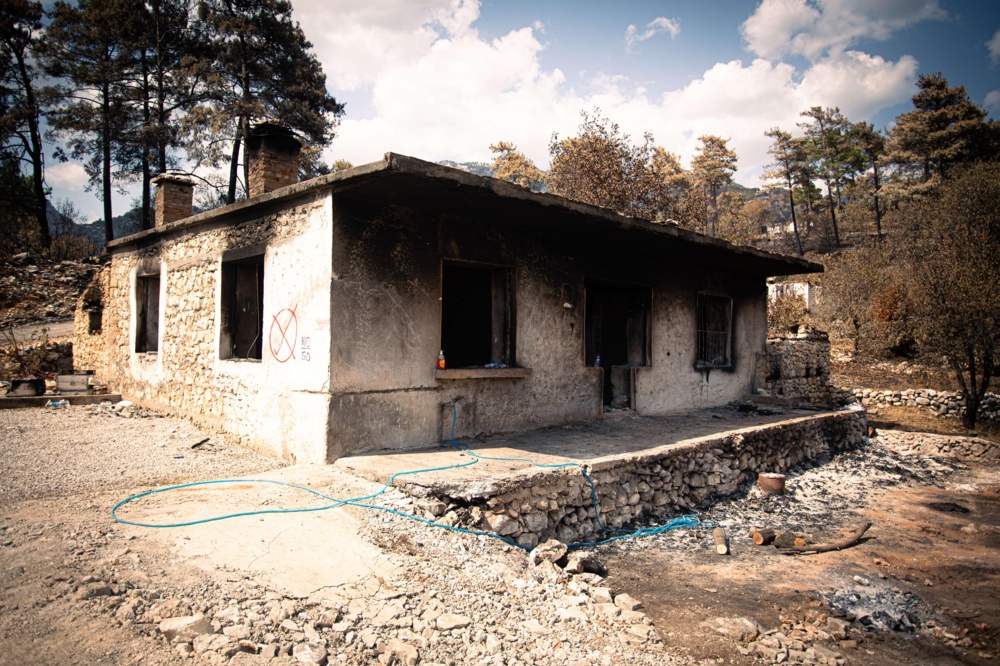
The perfect storm
This year, wildfires have raged across the world, from the USA, to Siberia, to France, Turkey, Greece and Albania. Soaring temperatures, low humidity and lack of rainfall due to global heating are creating ideal conditions for widespread, fierce blazes that are incredibly hard to contain. By the 5th of August this year 157,482 hectares had been scorched by fire in Turkey – this is almost nine times the average of previous years.
“It was all green here before the fire. The scenic views were magnificent. But after the fire, everything is black now, the trees are only ashes, everything is gone. Vitality is gone.” Continued Osman.
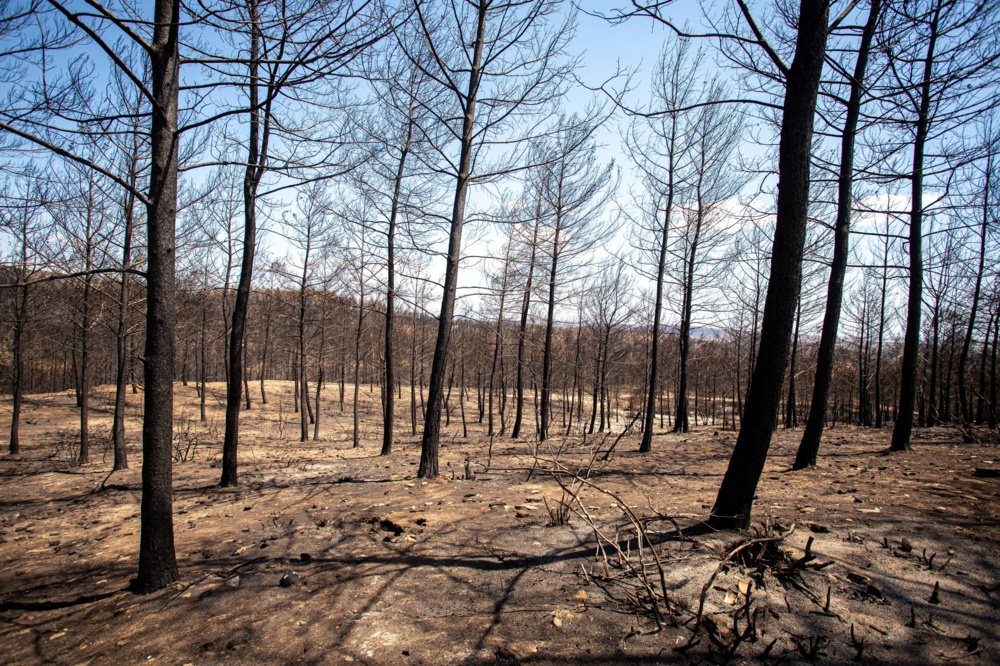
“This was a place that always had lush nature… Unfortunately, we could not protect nature. We are constantly destroying nature. We are cutting trees all the time, the global climate change is happening. For this reason, nature is starting to harm us. The climate is changing.” Added Muhittin.
More than a home
The devastation caused by the fires in Turkey cannot be overstated. In Turkan Cetin word’s, a housewife from Yaylaalan, Antalya, and mother of twins:
“We didn’t save anything. Nothing. Imagine... What is there in a house? My husband's youth was in that house and I got married 30 years ago, in that house. Everything we owned was in that house. We didn’t even take a needle. After the fire, I wanted to go home, I went... I had nothing to say. I screamed and cried.”

A climate of extremes
The sad truth is that this pattern of extreme weather events, occurring with increasing frequency and severity, is now well established. And these events are increasing exponentially: between 2000-2019 there were 6,681 climate-related disasters, almost double compared to the number recorded between 1980-1999. The evidence is undeniable; the fires, storms, floods and droughts are the result of climate breakdown cause by human emissions.
For Muhittin, Osman and Turkan, climate breakdown has already destroyed life as they know it. Their reality is a snapshot into what a future without meaningful climate action will look like. It situation is urgent, but there is still time to act.
We can avoid vast, unnecessary human suffering by promoting climate justice through actions rather than agreements. The knowledge and the technology needed to transition to a zero-carbon economy is in place, and roadmaps for transition have been defined, all that is needed is action.
This story was originally published by Environmental Journal and is reposted here with permission.
SIGN UP FOR OUR EMAILS AND STAY UP TO DATE WITH EJF
